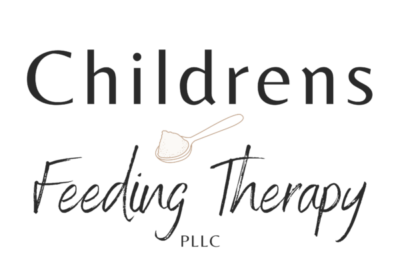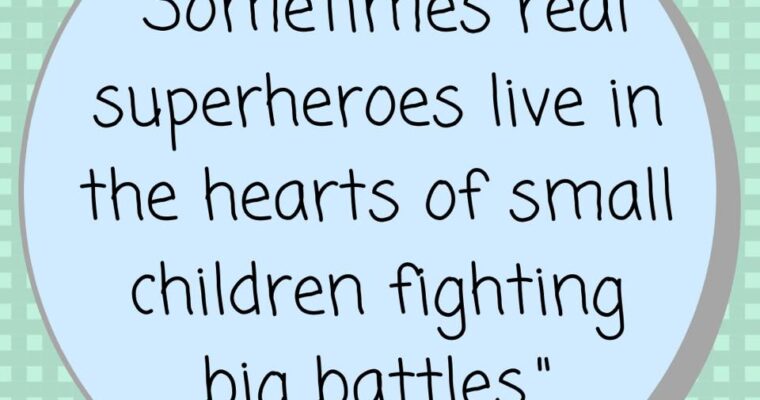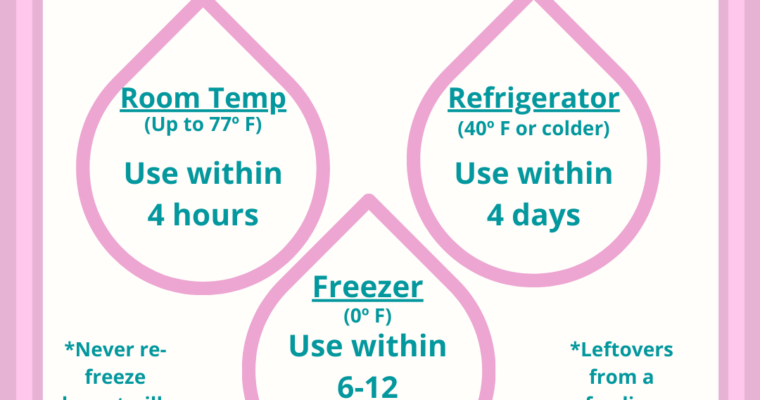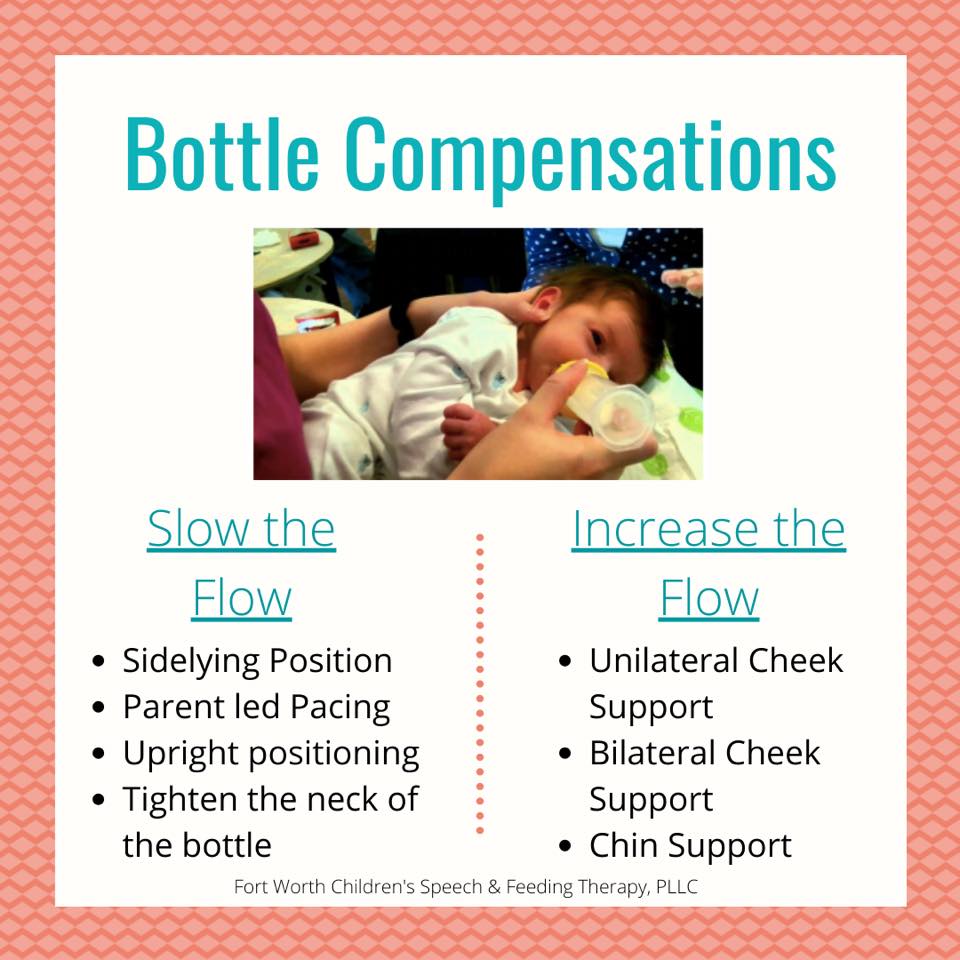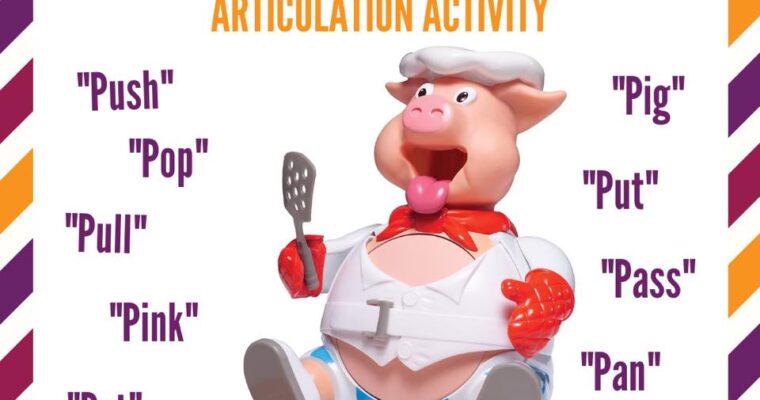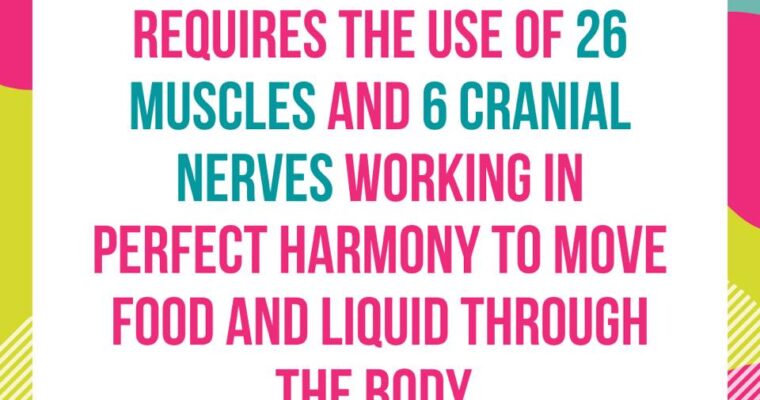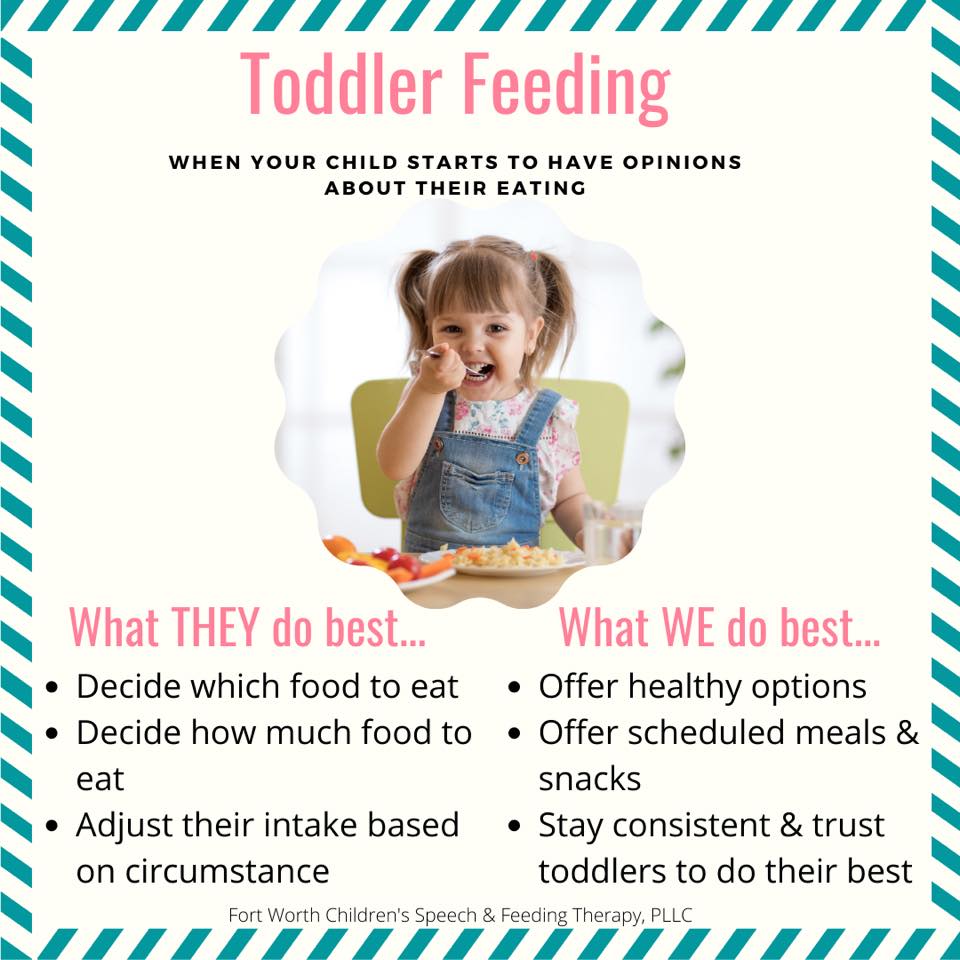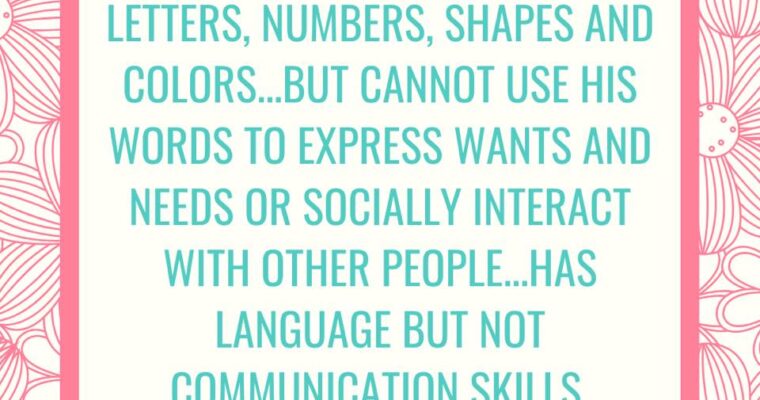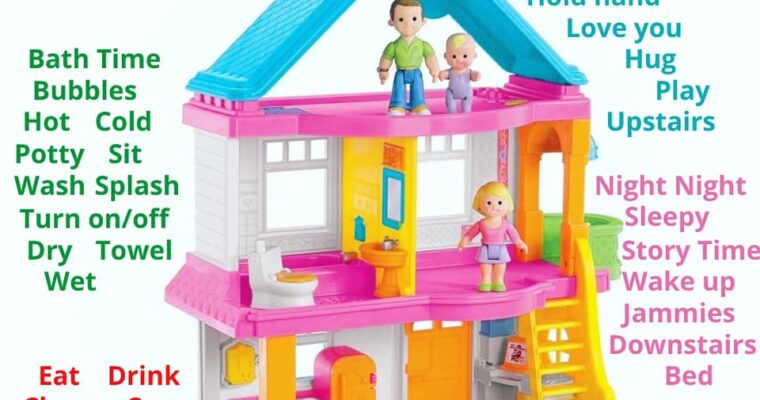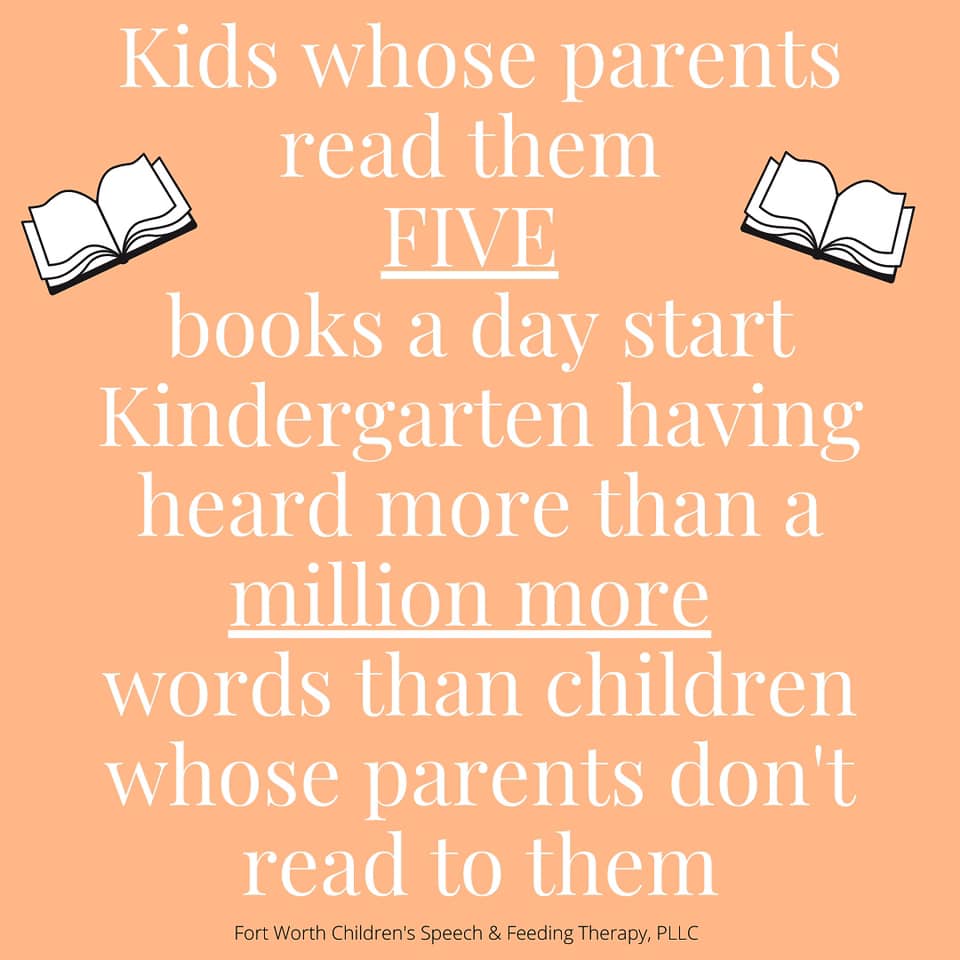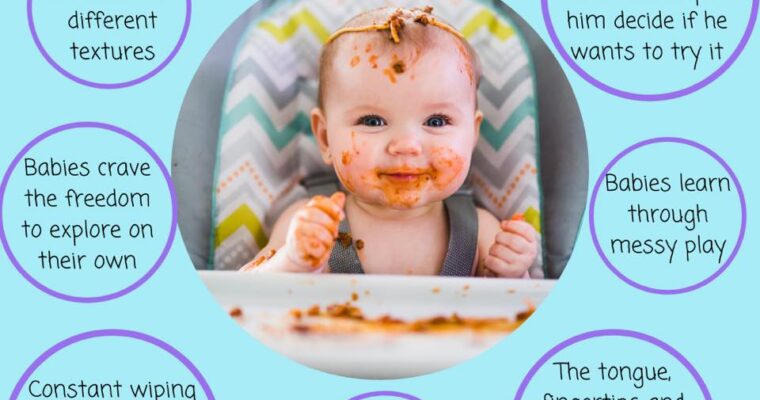Toddler parents typically start to feel like short order chefs when their 2 year olds start to have an opinion about the food going in their mouths, but it doesn’t have to be that way!
Toddlers are SIGNIFICANTLY better at self regulation than adults are when it comes to food. You or I might stuff ourselves with French fries because, “Their just THAT good,” but our kiddos have the ability to regulate themselves based on their internal hunger and circumstantial cues.
If there’s one thing you could leave your toddler to do independently it’s letting them decide HOW MUCH and WHAT food goes into their mouth!
Some ways kiddos control their intake based on being in tune with their own bodies:
 If your child had a high calorie day yesterday, today they might have a lighter day of foods or skip snacks all together.
If your child had a high calorie day yesterday, today they might have a lighter day of foods or skip snacks all together.
 When they’re teething, they will naturally eat only the soft, cold food you place in front of them.
When they’re teething, they will naturally eat only the soft, cold food you place in front of them.
 If your child has a huge breakfast, lunch and dinner might be much lighter.
If your child has a huge breakfast, lunch and dinner might be much lighter.
 Growth spurts make our kiddos ravenously hungry, but this usually lasts 2/3 days only.
Growth spurts make our kiddos ravenously hungry, but this usually lasts 2/3 days only.
 If your kiddo is coming down with a cold, their lack of appetite will probably be the first sign they show you.
If your kiddo is coming down with a cold, their lack of appetite will probably be the first sign they show you.
Our job is to pick WHAT food to offer, WHEN we offer it, and HOW much we place in front of them. THAT’S IT! Takes the pressure off right!?
Bottom line, when your toddler refuses your home cooked meal remember to trust them and their appetite, keep mealtimes enjoyable and never force feed!
